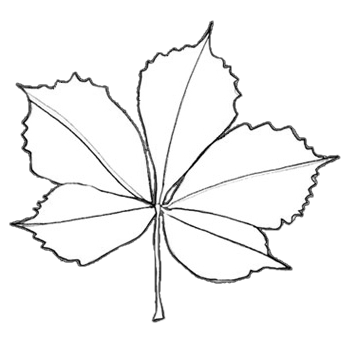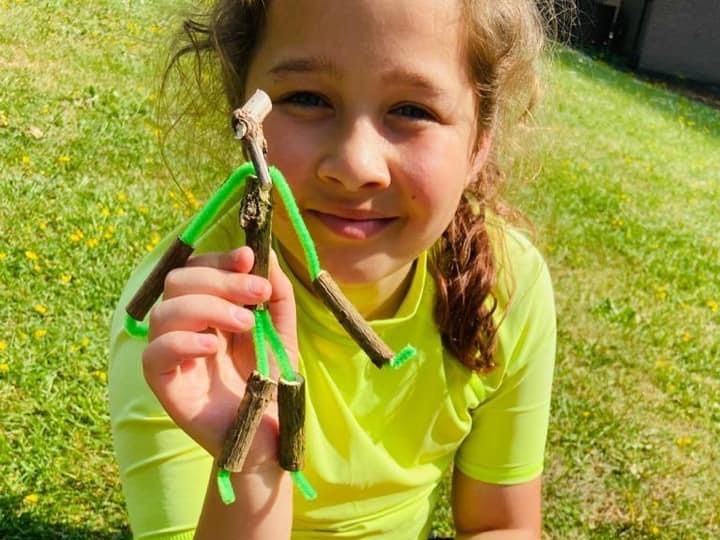Operant conditioning, such as reward stickers and coercive reward systems and certificates, are detrimental to self determinism in the context of Forest school, decreasing intrinsic motivation of the learners. The process of building resilient learners can be progressed using observation of intrinsic motivation, scaffolding tasks, and accommodating failures using reflection and spaced learning to galvanise experiences into knowledge and positive mental structures. Observing students behaviour is key to being able to offer support and advise on expected behaviour at Forest School allowing for resilience building.
Challenging participants to take ownership and responsibility of their actions and failures, building a supportive and reflective structure adapting coping mechanisms and building positive self-conceptions of the individual. Similarly with constant praise we take away an important learning step. In order to build resilience and foster a culture of self determinism praise should not be used as a coercive tool to enforce preconceived outcomes. Students will take action to complete tasks for perceived praise, not to follow compelling personal intrinsic motivations, taking away their own personal progression towards self actualisation.
Spaced Learning
Forest School is the perfect setting for students to use “spaced learning” where learning is compounded over many sessions of experiential play and discovery into concrete knowledge of a particular task or behaviour.
For example:
A child may choose to investigate using a mallet to hammer small twigs into the ground, repeating the actions at intervals over many sessions. True to his schema, he may spend whole sessions not minding that the small twigs break on the hard ground when hammered. He is enjoying the motion of the mallet itself, mastering its action, feeling its weight in his hands, its size, enjoying manipulating it in different ways, noticing the noise it makes when the twig breaks.
He is galvanising his knowledge of “Mallet”. To rush in and take away the small twig, give him a sturdier, pointed stick defeats his mastery of the task.
He may continue in this way the next session if given the time to investigate further, he may discover that larger sticks do not snap, he may move on to hammering other material, as for him the process is learnt, he knows “Mallet”. At this point I as facilitator may try to further uses of “Mallet” by presenting him with an abstract theory or hand-on task using mallet in a way unfamiliar to him, sitting near him, making some pegs for a shelter, and hammering them into the soil, to see if they.break, what noise they make on being struck, how they feel through the vibration into the mallet arm. There is a slow transference of experience into knowledge through problem-solving and perseverance building on remembered cognitive schemas, accommodating failures to assimilate new mental structures.

